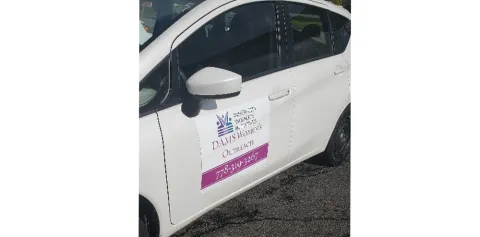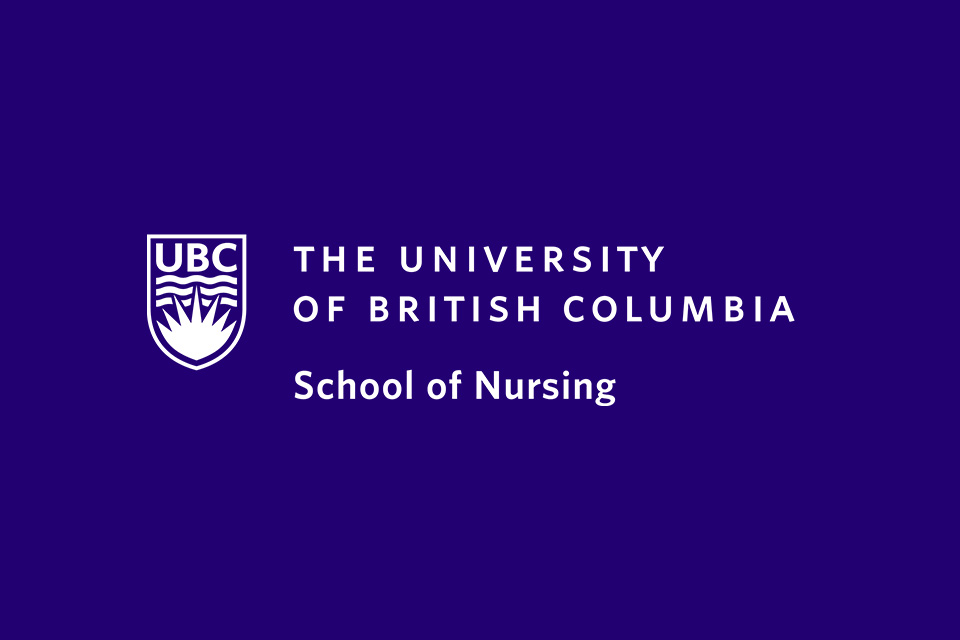
May 26, 2020
Women have been particularly affected by this pandemic and are grappling daily with challenges to their safety and security. These challenges are made worse by poverty, limited housing options, and the tremendous food insecurity that exists.
As a professor and the Associate Director of Strategic Initiatives at UBC’s School of Nursing, Dr. Vicky Bungay is acutely aware of and responsive to these inequities. Together with her primary research partner organization, the Inner City Women’s Initiatives Society (ICWIS), she has been actively working to test an innovative, trauma and violence-informed outreach model to support women in the Downtown Eastside (DTES). When the response to the COVID pandemic resulted in many studies being shut down, the consequences were dire for the women with whom she and the team work. “Many people rely on their research participation for a range of benefits in this community” says Linda Dewar, the Executive Director of ICWIS. “Many services are attached to research, and women were struggling with this sudden change.”
Dr. Bungay and the team at ICWIS worked to find ways to strengthen, rather than shut down, the outreach program at the centre of their study. ICWIS provides outreach, harm reduction, education and support to women in the Downtown Eastside of Vancouver. The study seeks to continuously enhance the program and influence the wider context of women’s lives, including the effects of poverty, violence and racism. Dr. Bungay says that faced with the COVID-related restrictions, “our questions were: How do we adapt to a pandemic? How are we supposed to work remotely with women who cannot be contacted remotely? The women don’t have phones, or only have pre-paid phones that run out of minutes! How do we continue to serve people facing the greatest structural disadvantages while those disadvantages are getting worse? How do we make sure people who are precariously housed are not overlooked in the policy-making?”
"By integrating research staff and outreach workers, the program is now serving four times as many women as pre-COVID."
“We built a new model from our pilot data, and we sought bridge funding to keep the program going. We also applied for an exemption so we could continue to conduct our outreach and research activities, which was challenging because initially, exemptions focused on those in laboratory settings!” The resulting model is fully aligned with public health directives, and has allowed the outreach workers to continue serving women in this community. They mounted a mobile outreach program two nights a week, and a recognizable “safe” food car, providing meals, hygiene supplies and other essentials to women in the most precarious situations. Drawing on her expertise in public health nursing, Dr. Bungay trained all the outreach staff on performing COVID-19 assessments, safety precautions, public health procedures, how to engage, and how to support people within rapidly changing circumstances. “Given the levels of violence and trauma women experience, a stranger can’t just show up in a mask. People need help with the daily basics but also information about how to apply for and get assistance and connect with nurses, physicians, pharmacists, and others essential to the women’s health”. As Ms. Dewar notes, “Vicky was able to provide this expert outreach team with the knowledge and skills to safely provide essential services to women in community in a pandemic context. Our team was then able to pass along this support and knowledge to women, thereby helping them stay safe and enhancing their capacity to avoid becoming infected. The women know that we are here to help and have been incredibly responsive to this program.”
One of the greatest needs continues to be for food. Because many food programs have struggled to continue, and because violence against women has increased exponentially, Dr. Bungay’s team looked for a solution other than “line ups.” ICWIS had the expertise and capacity in terms of staff, but the increasing demands for food and support in the community kept them busy. Dr. Bungay used her Capacity Research Unit to mount a call for donations and to support the administration of those donations, to enable the ICWIS team to focus on service delivery. By integrating research staff and outreach workers, the program is now serving four times as many women as pre-COVID. Rather than slowing down, this rapid response strengthened the research. “We have better evidence now: what works, what is needed, and how these lessons can be used in the future,” Bungay notes.
Today, the team continues to provide weekly check-ins that include groceries and hygiene supplies, health education and COVID-19 assessments for those enrolled in the program and mobile services to hundreds of others. Unfortunately, now, as ever, needs are not being fully met. “Even though everyone is leaning in, the demands are increasing. The pandemic crisis has effectively illustrated the shortfalls in our social support networks." Dewar goes on to say, “this research has a real presence in the community. And our adaptations during this pandemic with women who experience such significant marginalization show that we can respond and adapt. There is an urgent need for responsive action that will enable the sustainability of these essential programs post-pandemic. It is critical that we reconsider how our health care and social service systems can better meet the needs of women and prevent the ongoing challenges they face due to stigma and discrimination in society as a whole.”


